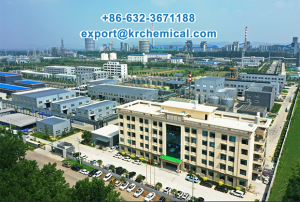RO antiscalant chemicals are used to prevent the formation and deposition of scale on RO membranes and associated equipment. The application principle of these chemicals involves several key aspects:
-
Scale Inhibition:
- Mechanism: Antiscalants work by interfering with the crystallization process of scale-forming minerals (e.g., calcium carbonate, calcium sulfate, barium sulfate). They can either prevent nucleation, impede crystal growth, or alter crystal morphology so that the scale cannot easily form and adhere to surfaces.
- Chemistry: Antiscalants often contain chelating agents, phosphonates, or polymers that bind with the scale-forming ions in the feed water, making them less likely to precipitate out of solution.
-
Chemical Compatibility:
- Formulation: Antiscalants must be compatible with the RO system’s materials and the specific water chemistry. The choice of antiscalant depends on the type of scale expected and the conditions of the water being treated.
- Dosage: Proper dosing is crucial. Too little may be ineffective, while too much could impact the RO membrane’s performance or lead to chemical imbalances.
-
Preventive Maintenance:
- Application: Antiscalants are typically added to the feed water before it enters the RO system. This ensures that scale-forming ions are controlled throughout the entire filtration process.
- Monitoring: Regular monitoring of water quality and antiscalant performance is essential to adjust dosages and ensure effective scale prevention.
-
Performance Assessment:
- Efficacy: The effectiveness of an antiscalant is often evaluated based on its ability to reduce scaling on RO membranes and improve system efficiency. Performance can be assessed through membrane flux, pressure drop measurements, and overall system longevity.
- Adjustment: Based on performance data and changes in feed water quality, the antiscalant type or dosage may need to be adjusted to optimize results.
Overall, RO antiscalants play a critical role in maintaining the efficiency and longevity of reverse osmosis systems by preventing scale buildup, which can lead to reduced performance and increased maintenance costs.

